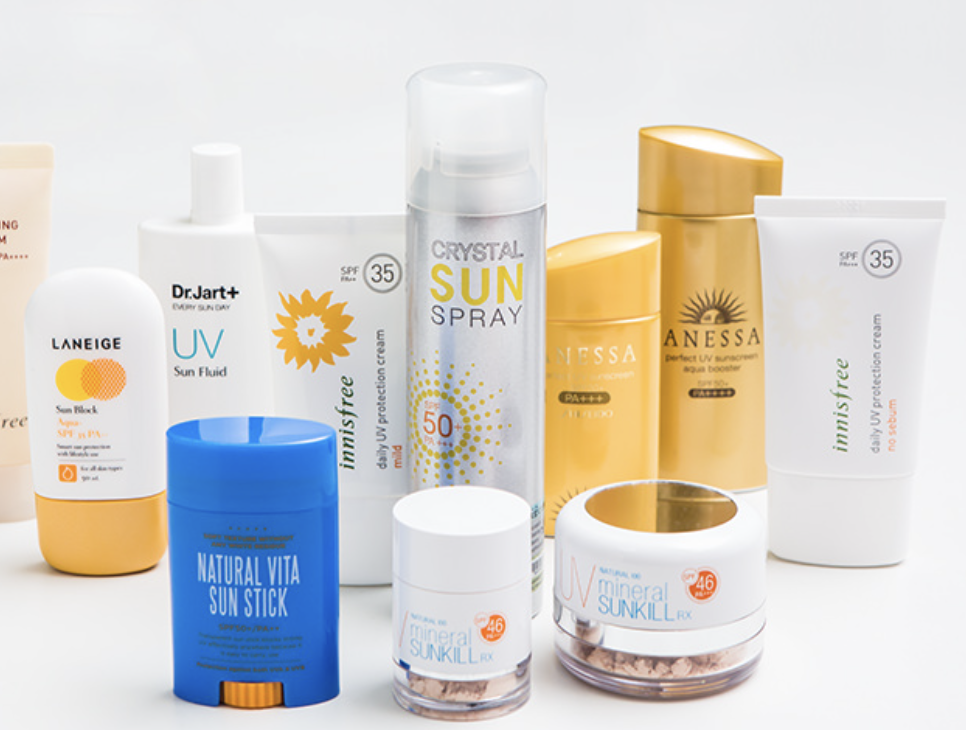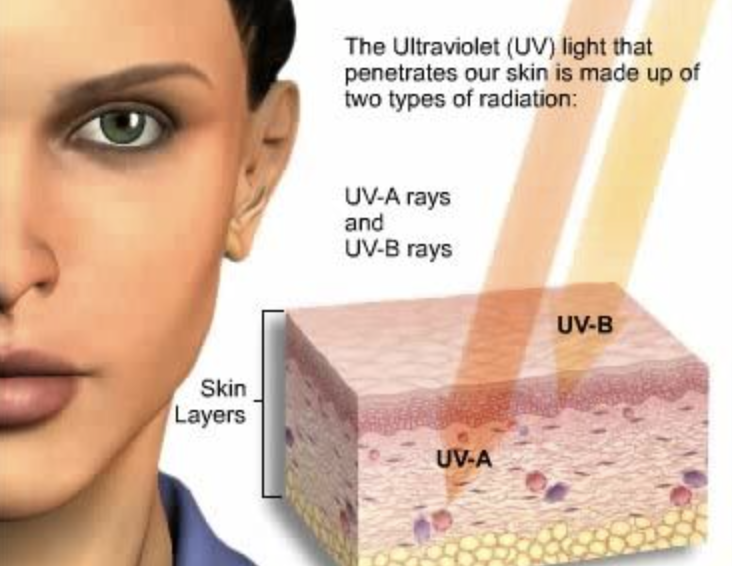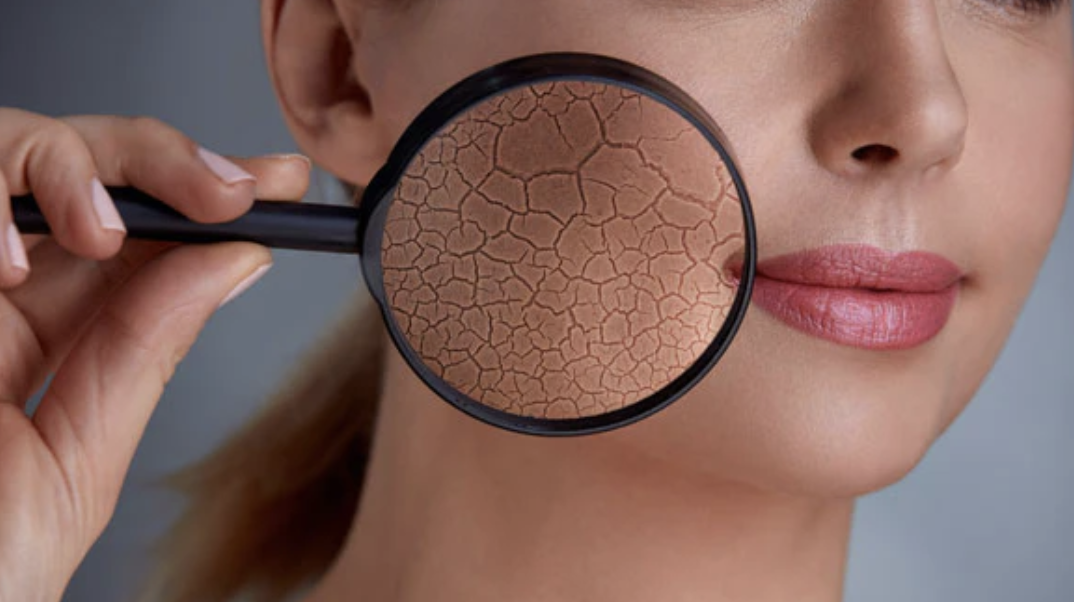In the winter season, the misconception that sunscreen is only essential in the summer may prevail. However, it remains crucial to understand the necessity of applying sunscreen even during colder months.

UV Radiation Persistence:
Despite the lower temperatures, ultraviolet (UV) radiation from the sun, including UVA and UVB rays, persists in winter. UVB is associated with sunburn, while UVA contributes to skin aging. Even on overcast days or when there's snow, UV rays can penetrate clouds and reflect off snow surfaces.

Skin Damage Risk:
Prolonged exposure to UV radiation in winter can lead to various skin issues, including dryness, sunburn, pigmentation, wrinkles, and an increased risk of skin cancer.
Reflective Effects:
Snow-covered surfaces can intensify UV radiation through reflection. Outdoor activities, especially in snowy conditions, heighten the risk of skin damage. Hence, applying sunscreen becomes crucial to counteract these reflective effects.
Protection of Skin Barrier:
Sunscreen acts as a protective barrier, not only blocking UV rays but also forming a thin layer to help retain skin moisture. This is particularly important in preventing dryness and cracks caused by cold weather and wind exposure.

Preventing Pigmentation:
UVB radiation, even in the weaker winter sunlight, remains a significant cause of sunspots and pigmentation. Using sunscreen aids in reducing the risk of these pigmentation issues.
In conclusion, despite the lower intensity of winter sunlight, the application of sunscreen is paramount for safeguarding the skin against the persistent threat of UV radiation. Opting for a sunscreen suitable for winter use, often enriched with moisturizing ingredients, helps maintain skin health and resilience.



